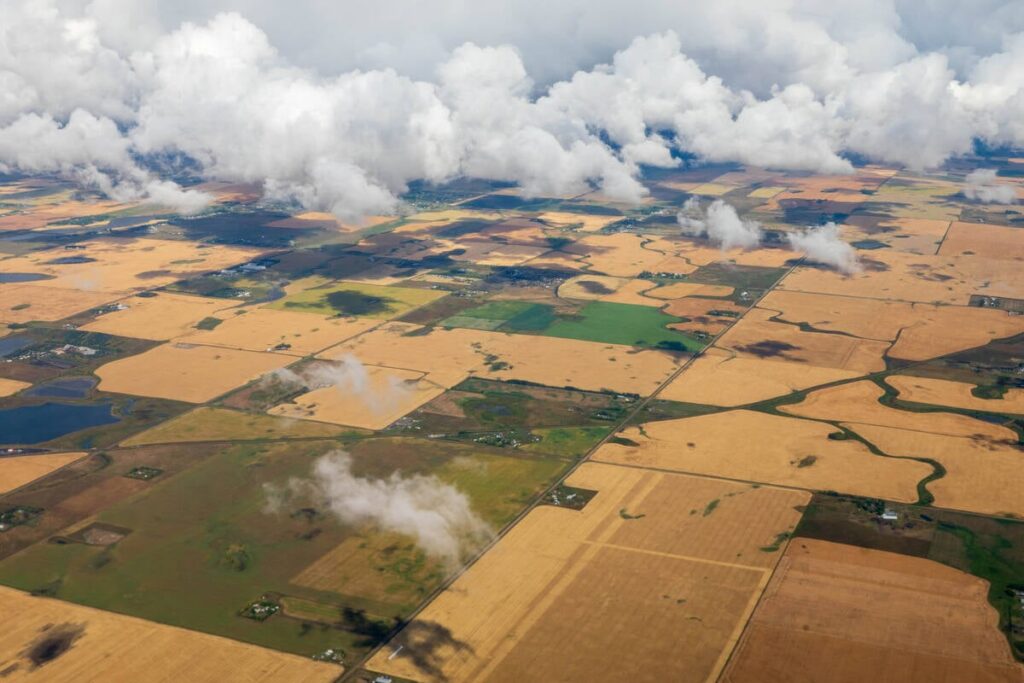What happens to an estate with assets outside of province?

Consider this situation: Dan is 75 years old and widowed with three children. He has a successful farming operation in Saskatchewan, but also owns farmland in Alberta and has a condo in Palm Springs. How do we deal with these assets on Dan’s death?
Do we have to probate?
In Saskatchewan, there are typically three reasons why probate is obtained:
Read Also


Greenhouse sales hit $2.7 billion in Canada
Almost all of the fruit and vegetables grown in greenhouses in Canada are tomatoes, bell peppers and cucumbers.
• Because there is land that is owned solely by one person (Land Titles will require probate prior to transfer).
• Because the financial institution requires it (typically in connection with certain investment accounts and solely owned bank accounts).
• If you think the will is going to be challenged.
Probate is like a “gold seal” of approval by the court that the will is valid. In order to obtain probate, you need to file certain documents with the Saskatchewan Court of King’s Bench and also pay a probate fee ($7 on every $1,000 of assets subject to probate in Saskatchewan).
In Dan’s case, probate would need to be obtained to deal with any land (including farmland) that he owned personally in Saskatchewan where no one else was named on the title. If most of the assets are in Saskatchewan, it would make sense to apply for probate in Saskatchewan first. Once probate is obtained, the executor can begin the process of transferring the Saskatchewan assets into the estate.
The Alberta farmland
Much like Saskatchewan, Alberta also requires a grant of probate before land held in the name of one person can be transferred.
In order to avoid having to also file a full application for probate in Alberta, it may be possible to ask for a resealing order.
This allows the executor to take the grant of probate they already obtained in Saskatchewan and give it to the Alberta court for review. If the Alberta court approves, they will also issue an order that can be used to transfer the land in Alberta.
There will also be probate fees to pay in Alberta, but only on the assets in Alberta.
The condo in Palm Springs
In the United States, probate may be required by the federal and/or state governments.
There will typically be a requirement to obtain some sort of court order to complete a transfer of title held by one person. It is usually possible to “piggy back” on the court orders obtained in Canada.
In addition, depending on the value of the property in the U.S., Dan’s estate may have a tax filing obligation in that country.
Dan’s executor should be in contact with:
• Either a cross-border accountant or a tax accountant in the U.S.
• A lawyer in the state of California.
How to simplify executor’s duties
Dan should be ensuring that his estate planning documents are up to date and that he knows where his original documents are stored:
• Does Dan have a power of attorney? This document is intended for use when Dan is alive and grants power over his person, such as where he lives and what he wears, and over his property, such as his bank accounts and business. Dan may want this document to be in effect right away, or he may choose to have it only come into effect in the event of his incapacity. This is a really important document because absent a power of attorney (and where there is a loss of capacity), the only option for obtaining the power is to request a guardianship order from the court.
• Does Dan have a will? It should name an executor and an alternate executor. It should also set out who he wishes to benefit from his estate.
It would also be helpful if Dan took some time to make a few lists. For example:
• A list of current assets and bank account information. In particular, tracking information for farmland as to dates of original purchase (or transfer), costs and current fair market value. For the Palm Springs condo, it would be helpful if Dan had information on the original purchase price and a contact person in Palm Springs, such as the escrow agent.
• A “stream of consciousness” about his business. It would be helpful for Dan to leave some notes for the executor about anticipated sale prices, key contacts and his hopes for the business moving forward.
• A list of advisers. Dan can provide a list of all the professional advisers he works with and how to reach them.
• Information about Dan’s digital footprint. Dan should consider how he wants to store password information, and he should also make a list of any email accounts, or online accounts he has and how to access them.
Amanda Doucette is a lawyer and partner with Stevenson Hood Thornton Beaubier LLP in Saskatoon. She can be contacted at adoucette@shtb-law.com. She is also the creator of The Tax Chick Blog and The Tax Chick Podcast. For more information, visit www.thetaxchick.ca. The information in this article is not legal advice. We encourage you to consult with your legal adviser for advice specific to you.
Source: producer.com


